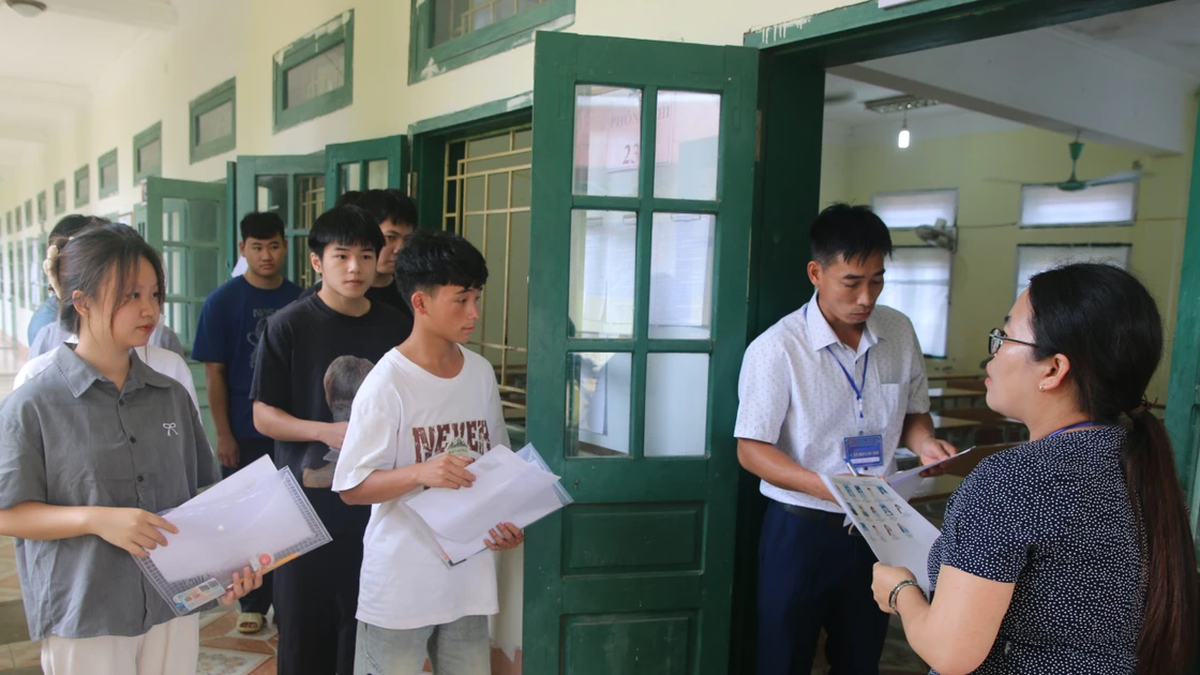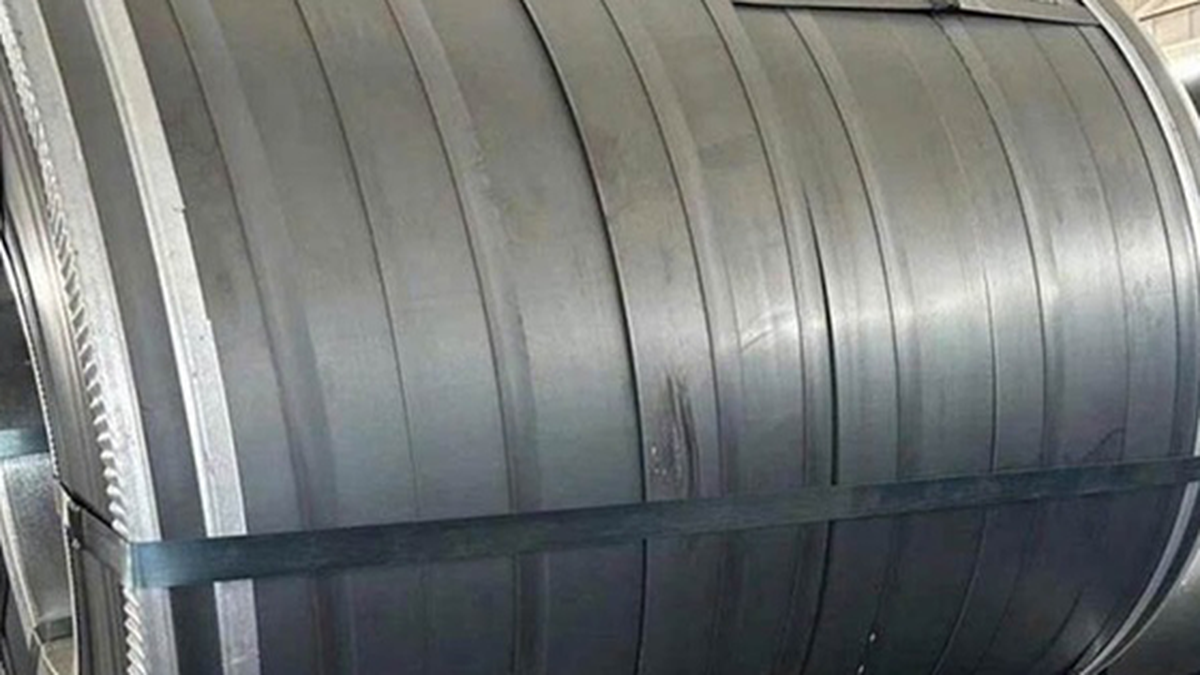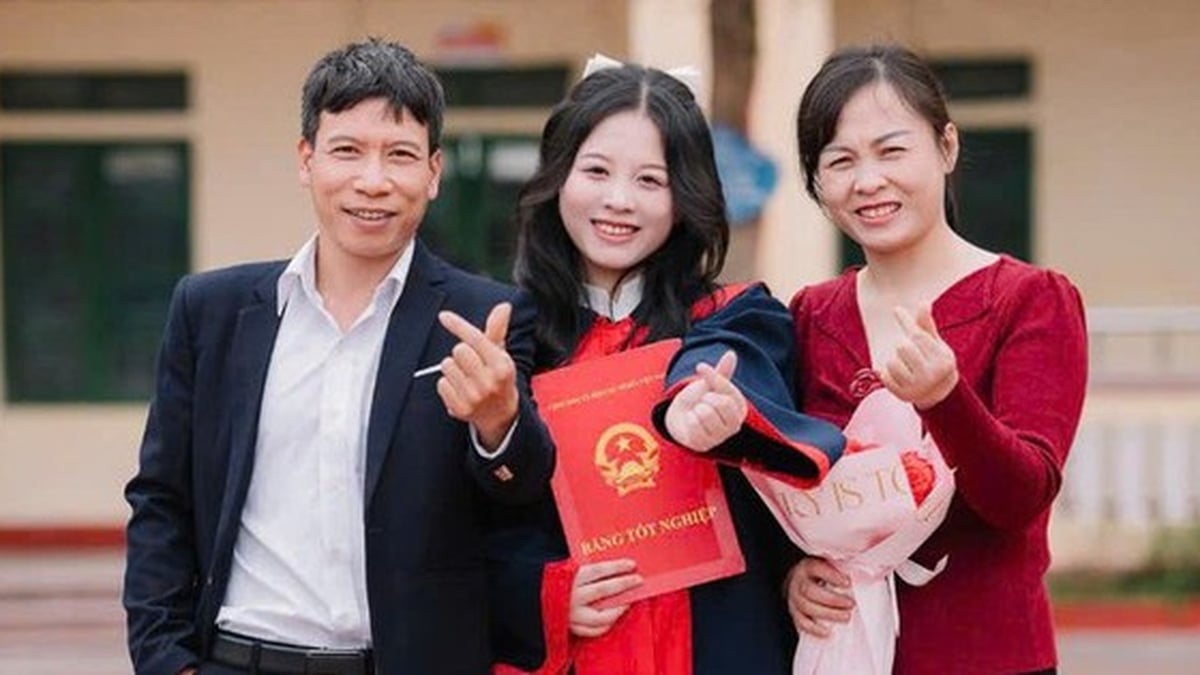
Mai Ba Nghia, a student of the Faculty of Mechatronics Engineering, School of Mechanical Engineering, Hanoi University of Science and Technology, and his team are researching a product to support people with impaired mobility. The idea came from Nghia himself when he had an accident and broke his left arm. After surgery, he could not lift it himself and it gradually atrophied, so he had to practice rehabilitation at the hospital. When practicing, he always had to have a doctor accompany him, while the number of people in need of rehabilitation exercises is increasing.
After a period of surveying at several hospitals, Nghia's team has launched a product to support rehabilitation during the patient's exercise process. With this device, the practitioner can see simulated objects in virtual space, and can interact with everyday objects such as cups, rice bowls or balls... from which the research team will collect information about muscle strength to assess the patient's recovery level. Nghia shared that the group's biggest difficulty is capital.
In 2022, Tran Van Luc's team, a student of Computer Science at Hanoi University of Science and Technology, researched and created a product to monitor and maintain driver alertness based on brain-based technology. In 2024, the team raised $25,000 for the product research and development phase. From facing many difficulties due to limited finances, unable to buy many devices for testing and research, thanks to the raised capital, the team accelerated the development of the project and achieved many positive results.
Capital is an essential factor when starting a business, but students often have difficulty raising capital. Because they do not have a stable income or personal assets, it is difficult for them to convince investors. In addition, many investors are also worried about investing in student projects because most of them lack experience, are unstable and have high risks.
Many universities and non-profit organizations have also established funds to support student startups. However, to receive funding from these funds, certain criteria must be met.
Mr. Truong Cong Tuan, Director of the Center for Innovation and Student Entrepreneurship at Hanoi University of Science and Technology, said that student startups have difficulty accessing capital because they do not fully understand the procedures for establishing and operating a company. During the operation process, they have not focused on learning about tax laws, business laws, etc.
On October 30, 2017, the Prime Minister signed Decision No. 1665/QD-TTg, approving the project "Supporting students to start a business until 2025". The project clearly states that universities, academies, colleges and secondary schools will proactively allocate funds from the school's legal revenue sources to support the activities, ideas and start-up projects of students in the school...
After eight years, the project has created a strong shift in awareness and action in the student startup community. From 2020-2024, the number of student startup projects was 33,808, nearly 300 startups, originated from incubators of higher education institutions.
For students, Ms. Thach Le Anh, founder of VSV Startup Investment Fund, believes that student startups that want to successfully raise capital need to focus on the following areas: financial technology (Fintech), the area attracting the most investment with e-wallet models; green technology and climate change (Greentech/Climate-tech) is an emerging but very potential trend. In addition, student startups need to start by solving supply chain problems, optimizing warehouses and smart logistics management, thereby creating good opportunities to raise capital.
Source: https://nhandan.vn/tim-nguon-von-ho-tro-sinh-vien-khoi-nghiep-post893980.html





















































![[Maritime News] More than 80% of global container shipping capacity is in the hands of MSC and major shipping alliances](https://vphoto.vietnam.vn/thumb/402x226/vietnam/resource/IMAGE/2025/7/16/6b4d586c984b4cbf8c5680352b9eaeb0)












































Comment (0)